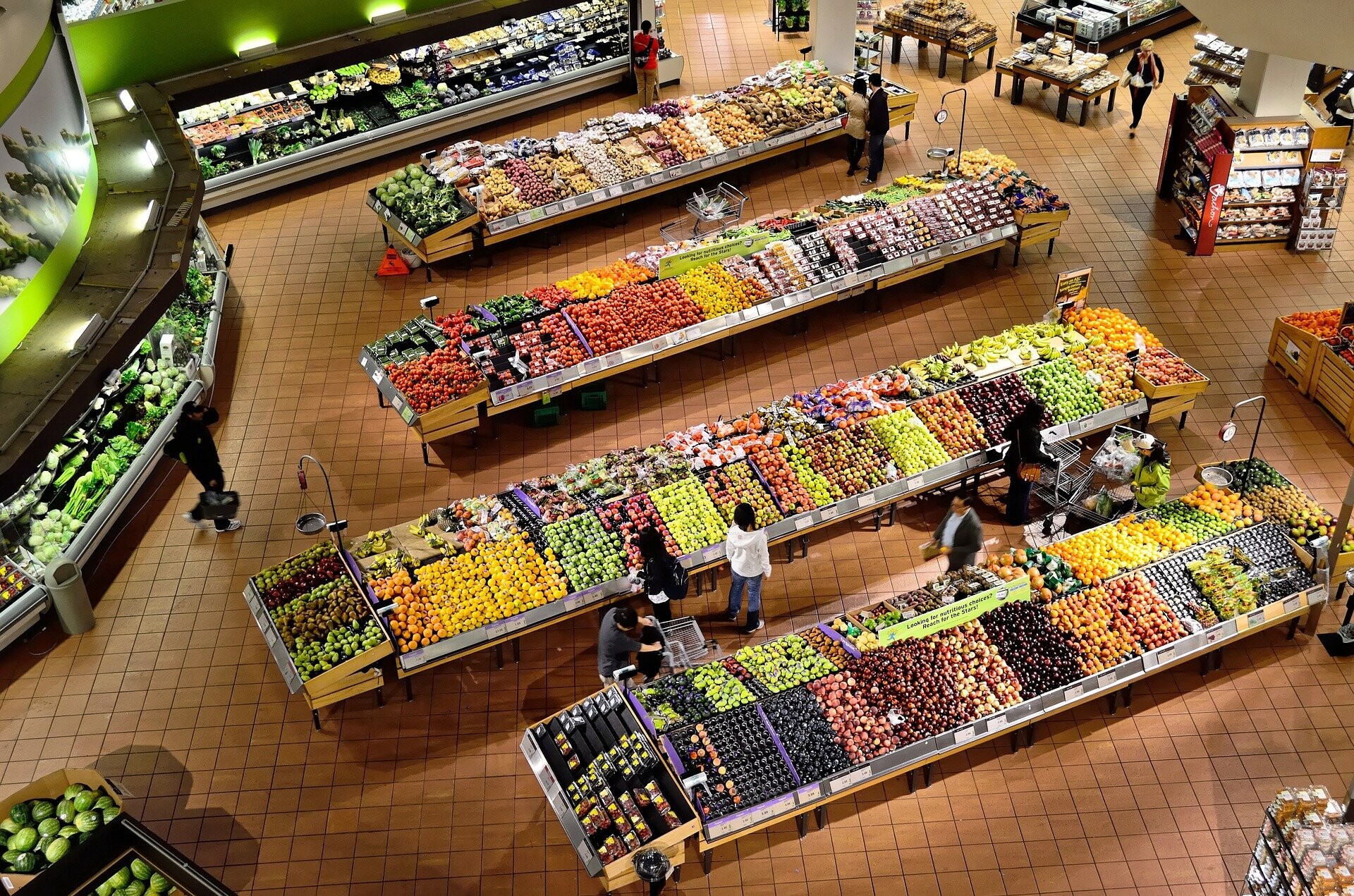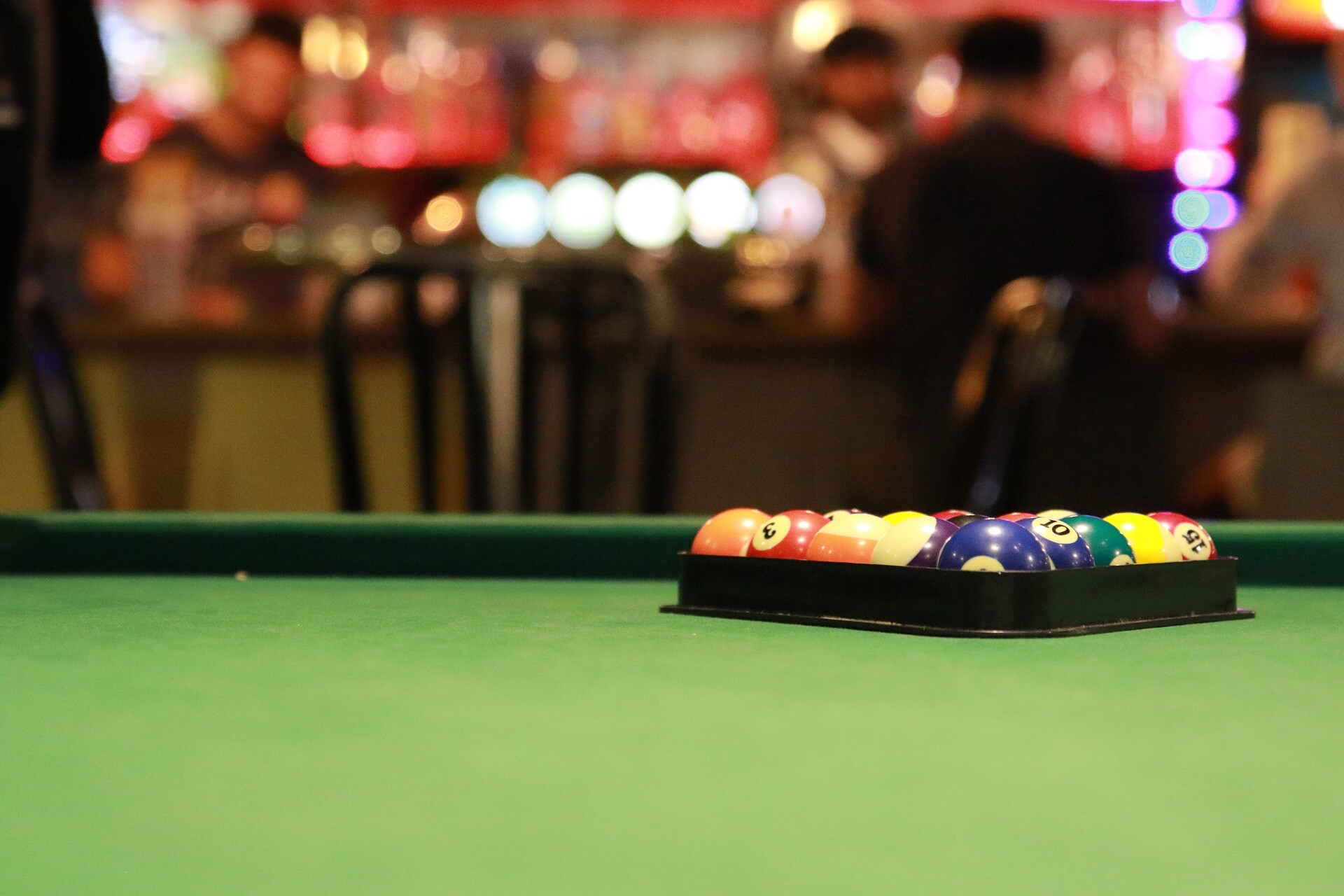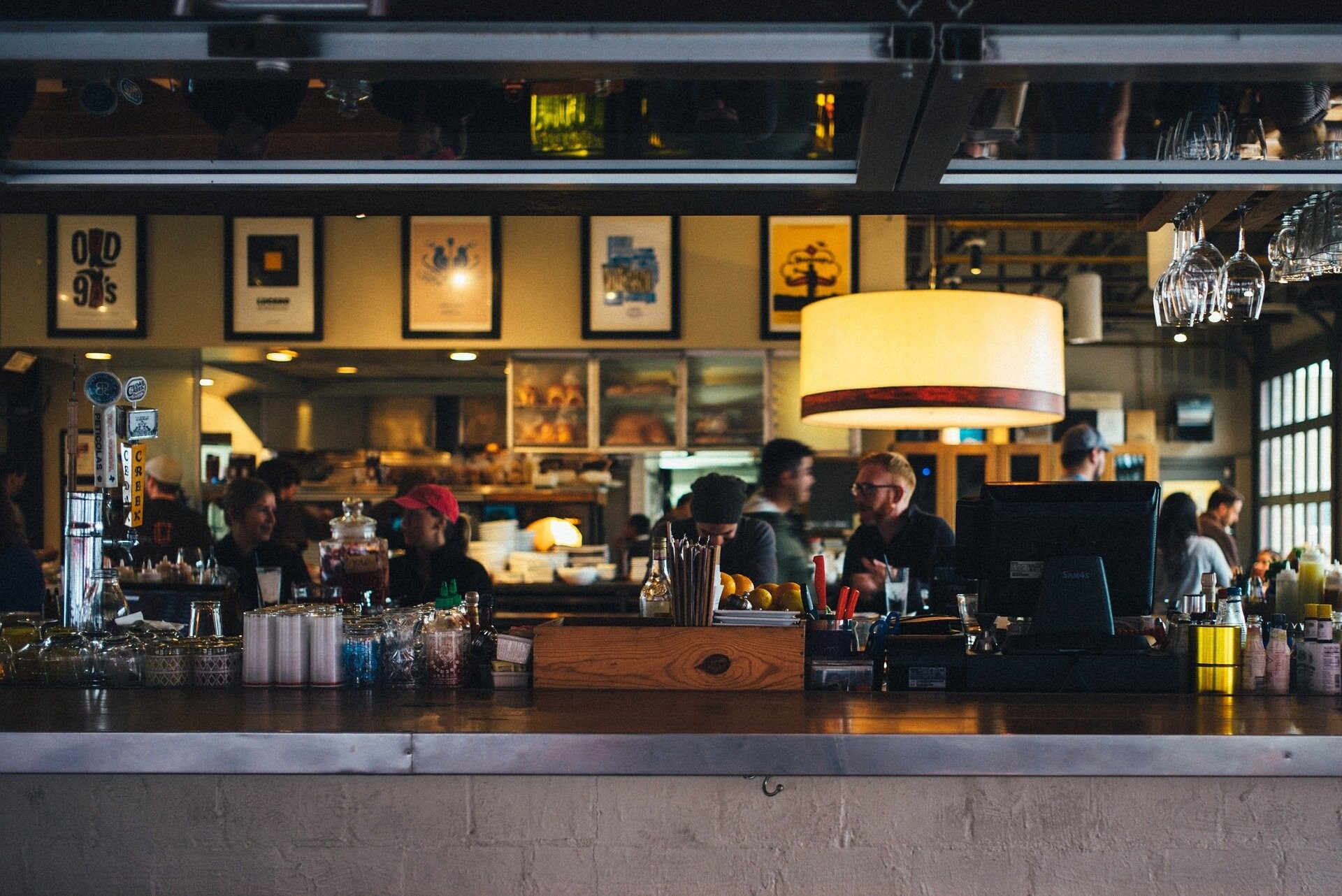Cost of living in Brussels
- Tips for studying abroad in Brussels – Study abroad in Brussels
- How to get to Brussels – Getting to Brussels by plane, train, bus or car
- Public transport in Brussels – Getting around Brussels and Belgium
- Cost of living in Brussels
- Accommodation for students in Brussels - top tips and advice
- Save money in Brussels – tips for living on a student budget in Brussels
- Brussels neighborhoods – The most important districts of Brussels
- Nightlife in Brussels – A guide to nightclubs and going out in Brussels (Part 1)
- Nightlife in Brussels – A guide to nightclubs and going out in Brussels (Part 2)
- Where to eat in Brussels – Gastronomy in Brussels
- What to do in Brussels – The best things to do in Brussels
- Festivals in Brussels – Festivals and events in Brussels
- Day trips in Brussels – Places to visit and excursions around Brussels
- Brussels in 3 days – What to see in Brussels in 3 days
Although Brussels isn’t the most expensive city in Europe like Paris, Luxembourg, London or Stockholm, it is still quite expensive to live here, especially if you come from more affordable corners of Europe like Spain, Slovenia or Portugal. It really depends on your rent, so choose wisely between comfort and cost. You’d fairly need nearly €700-900 a month to get by, counting rent, food and going out for food or drinks.
Food Shopping
Food in Brussels is more expensive than in France so I guess we can qualify it as expensive overall. However, many supermarkets chains are defined as hard-discount through the country. Colruyt is the best option if you have brands preferences because they sell brands at the least costly price. If you don’t mind not getting your favorite brands, Colruyt, Lidl and Aldi have white-label products that are cheap and quality-approved. However, other chains like Carrefour and Delhaize have convenience stores near your “kot” and they have a variety of products for you except that once at checkout, you’ll find that the overall price of your groceries is a bit higher. However, Carrefour and Delhaize often have a World Cuisine section that you could find to be comforting if you miss some of the foods that you’re usually used to at home.

Of course, since Brussels is such a cosmopolitan city, lots of stores specialized in one country or specific cuisine sit on many streets too; Maghrebin, General African, Polish, Spanish, Portuguese shops, and so on… Except in case of emergency, which they are made for, avoid “night shops”, which is the name people in Brussels give to mini-stores that are open late at night and usually on holidays and Sundays, because they’re triply expensive. Moreover, if you like cheap fresh fruit and vegetables and you are one to cook at home, you can get the real deal at marketplaces which the most famous and also, might I say, most disorderly, albeit convivial, of Brussels is the “Marché de l’Abattoir” which is located at Clemenceau metro station. The “Marché de l’Abattoir” is also a discovery of Brussels peculiarity because this market is settled on the old slaughterhouse of Brussels, this historical setting is quite spectacular to see.
Here is a list of average costs for your most frequent buys:
- Milk (regular), (1 liter): €0.94
- Bread for 2 people/day: €1.41
- Eggs (large) (12): €3.73
- Local Cheese (500 gr): €5.07
- Chicken Breasts (500 gr): €4.36
- Apples (1 kg): €2.29
- Tomatoes (1 kg): €1.91
- Potatoes (1 kg): €1.49
Nights out
Usually among students, a great night out in Brussels starts at home (or at a park in summertime) between friends during what we call a “pré” (short for “présoirée” which literally translates to “pre-party”) where drinks are pouring all over the place. Back in 2015, a tax was imposed on alcohol which led to a drastic augmentation of its price. A pre-drink in a friendly atmosphere then proves to be more than welcome. However, nights out in Brussels vary very much whether you want to enjoy a cozy night sitting with friends in a little bar or you want to go clubbing.

Bars are accessible for free but you will almost always have to pay to enter a club, usually between 10 € and 15 €. Beers will usually cost between 2.50 € and 4.50 € depending on the bars and whether they are “bières spéciales” (specialties containing a higher degree of alcohol) or regular beers. A glass of wine will cost around 5 €. A cocktail or a spirit and soft drink will cost between 7 € and 10 €. All in all, you might want to get your fill of alcohol during the “pré” if you don’t want to spend more than 20 € once out. Check our Nightlife in Brussels guide to know the best spots.
Restaurants and cafés

It all depends on where you go grab a bite. Fast food can get cheap in Brussels whereas you will have to be more aware of your budget if you want more refined food. On average, a meal out will cost you between 15 € and 25 € without drinks, depending on the price range of the restaurant you pick. For a fast food meal (McDonald’s, Quick, Belgian fries, kebab), less than 10 € will do. Finally, a coffee will cost between 2.80 € and 3.50 €. Of course, all of this remains to be approximations, you will see for yourself what places become your favorites. If you want to know the best and most affordable places to eat in Brussels, don't miss our Where to eat in Brussels – Gastronomy in Brussels post in this guide.
- Return to Public transport in Brussels – Getting around Brussels and Belgium
- Continue to Accommodation for students in Brussels - top tips and advice
Photo gallery
Content available in other languages
- Italiano: Costo della vita a Bruxelles
- Español: Coste de vida en Bruselas
Want to have your own Erasmus blog?
If you are experiencing living abroad, you're an avid traveller or want to promote the city where you live... create your own blog and share your adventures!
I want to create my Erasmus blog! →


















Comments (0 comments)